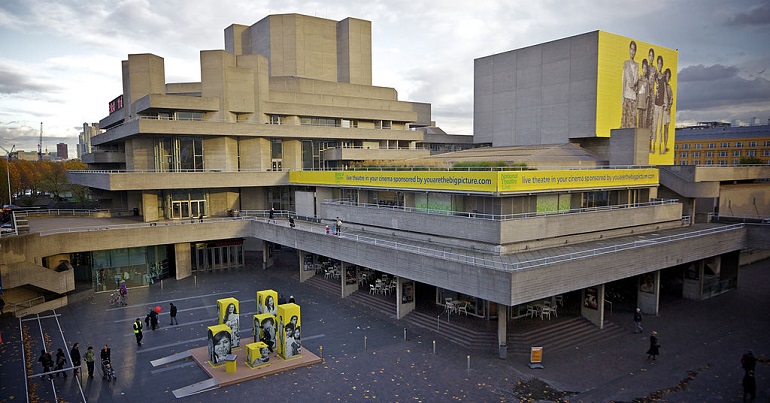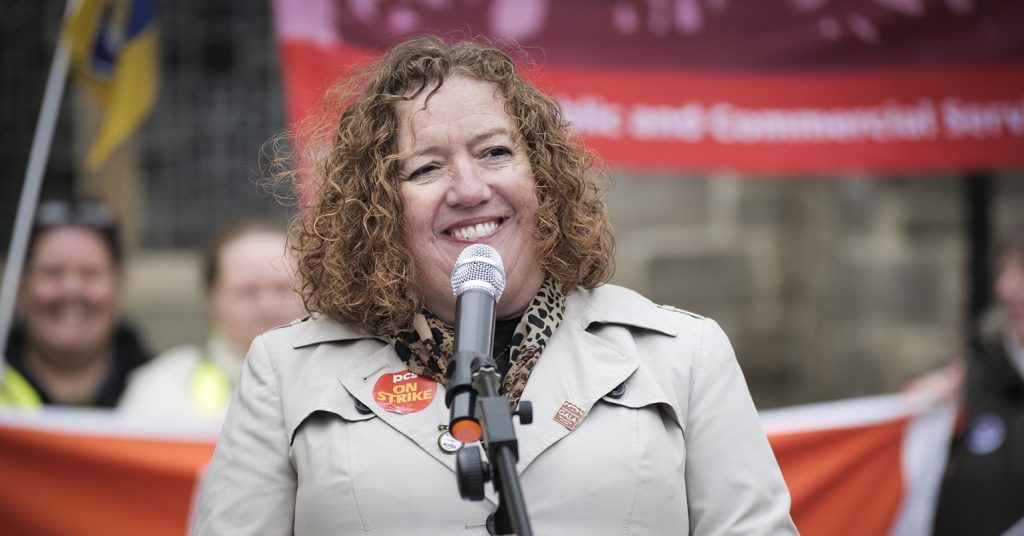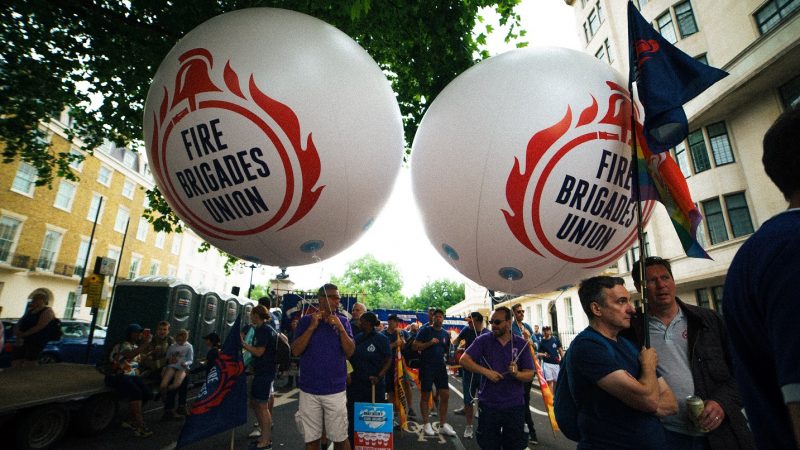With culture in crisis, workers like me are paying the price

Last month, executives at Southbank Centre told me and my colleagues that at least 365 jobs – including my own – were at risk of redundancy. After weeks of uncertainty and stress hundreds of workers face losing their only source of income during a global recession.
Far from being unique to Southbank Centre, this is part of a series of brutal cuts and austerity being experienced all across the arts sector. Recently staff at the National Theatre, who already get by on casual contracts and low pay, were told that 400 casual roles will go and that most of the front of house team would be axed. The UK’s world class cultural sector is in crisis, and the people who make it everything it is – workers like me and my colleagues – are paying the price.
The government’s £1.5bn fund for the arts, announced by Culture Secretary Oliver Dowden early in July, gave some hope after months of hard campaigning by Equity, the performers and creative practitioners union, and many others besides. But our worst fears have been realised, and that money is not finding its way to the workers who need it most. What’s happening to us right now is part of a wider, long-term pattern of Tory neglect of the arts.
The proposed cuts at Southbank Centre and the National Theatre exemplify another sinister pattern in our sector and across the labour market – structural racism. As my union at Southbank Centre PCS has shown, the scale and nature of their proposed cuts reveal that the two institutions’ commitments to “eradicate racism” and support the Black Lives Matter movement are not worth the paper they’re written on.
Take the make-up of the proposed job losses. If Southbank Centre perseveres with this course of action, they will reduce the proportion of their workforce that is BAME by more than a quarter – at the very least. The racial inequalities that permeate our society and economy are just as evident in the arts. The Visitor Experience and Hospitality teams that are hardest hit also include higher proportions of workers of colour. As elsewhere, young workers can also expect to bear the brunt of the cuts.
To add insult to injury, bosses are also planning to renege on previously agreed redundancy terms for long-term employees. This would result in an outrageous £1.4m being denied to staff facing unemployment in an uncertain time. As up to 70% of its workforce is cut, management is also depriving workers of the terms they have fought for and secured.
We’re hearing similar stories across the sector and throughout the UK. Far from simply responding to circumstances, bosses are using the pandemic to restructure workplaces as they wish, to their advantage and to the detriment of their workers.
Both Southbank Centre and the National Theatre are claiming that there is no alternative. But I and my colleagues know that a better deal for all of us is possible.
Risibly, bosses have even appeared to make out that the lowest paid workers are somehow to blame for the sheer number of job losses – ostensibly because they expect contracts and a living wage. On 29th July, Southbank Centre Chief Executive Elaine Bedell wrote to all staff announcing that they were unable to pay pre-agreed redundancy packages. She added that Southbank Centre “ensure London Living Wage as a minimum”, going on to say that “the fact that all our Hosts are engaged on a contractual, rather than casual, basis is one of the reasons that the number of roles ‘at risk’ is so high.”
Instead of taking redundancy packages, a living wage, and written contracts and playing them off against each other, executives should be sitting down with PCS and Unite and looking at ways to spread any cuts that absolutely cannot be avoided more fairly. But so far, fairness doesn’t seem to feature in their thinking. In the same breath as cutting hundreds of jobs, National Theatre Chief Operating Officer Liz Fosbury explained on Wednesday that “even for those earning high salary levels, a cut of more than 20% is likely to place them in a very difficult position financially.”
I find the idea that all the lowest paid staff can afford to lose their income – putting us at risk of eviction and more – while executives cannot manage any adjustment at the end of furlough offensive.
Today, staff from Southbank Centre and the National Theatre are coming together to protest these actions. We’re doing it because we know that a fairer outcome is possible, one that treats workers fairly, is not racially unjust, and tries to give its lowest paid workers a modicum of security. We’re asking managers to sit down with our unions and negotiate a fair deal. And we’re telling them that until they listen, we will be forced to take action.
I’m also asking you to join me and my colleagues in piling pressure onto our employers and making them reconsider. You can join us outside Southbank Centre at 10.30am and outside the National Theatre at 12pm (August 1). Otherwise, I’m asking you to make as much noise as possible online and offline about what’s happening to our industry.
This crisis goes well beyond the walls of one gallery or one theatre. It goes to the heart of the injustices of the UK labour market, and it’s a crisis we’ll see played out in many different places and struggles. Please stand with us as we stand up for each other.
Image credit: BaldBoris – Creative Commons
Editors note: This article initially stated that all front of house staff at the National Theatre would be axed, and that Liz Fosbury is Executive Director of the National Theatre. The article was corrected at 17:25 on August 4.




Leave a Reply